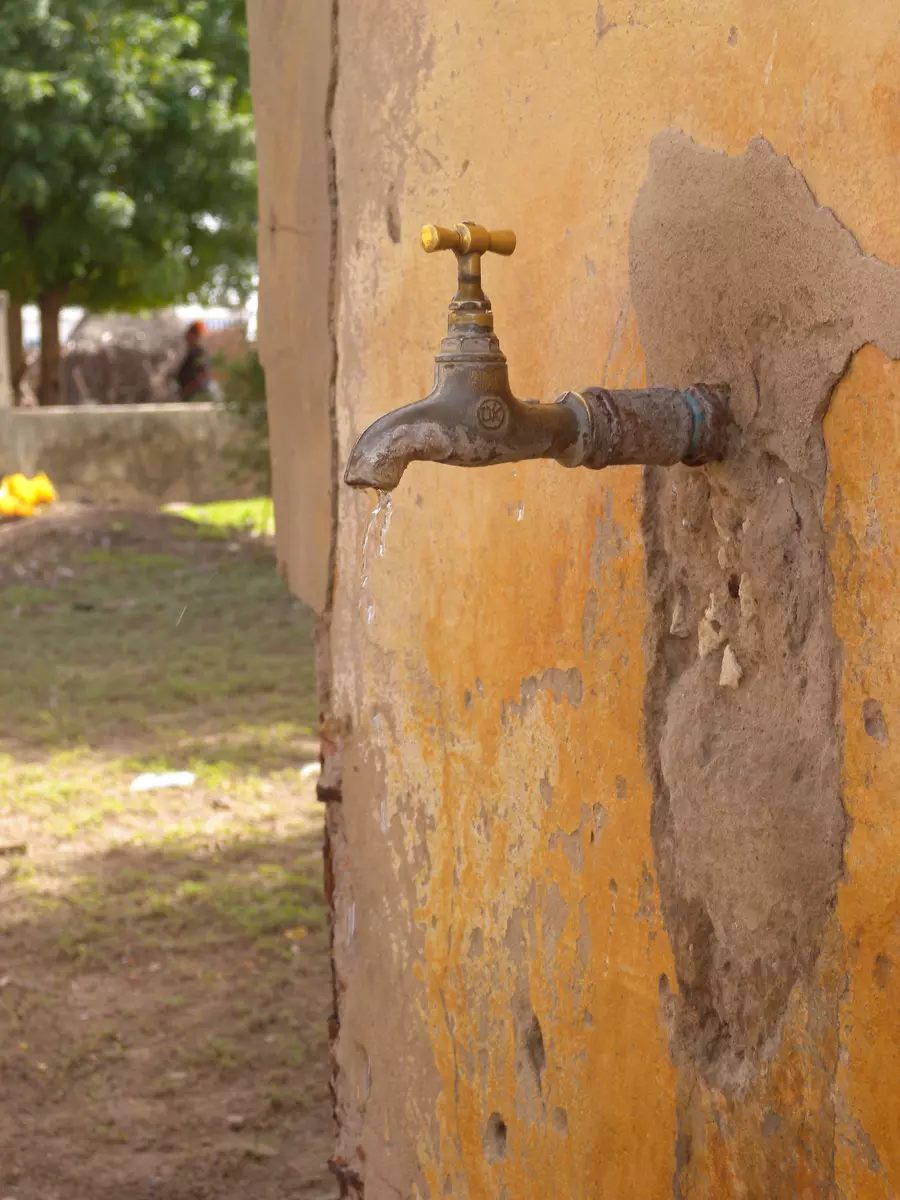
Humanitarian and Development
Place
Dakar, Senegal
Sponsor
Thierry Vandevelde
Grant(s)
50,000 €. to the Selection Committee at 2005/10/04
Project leader
Enda Tiers-Monde
« Enda Tiers-Monde, with whom we have worked in the past, will oversee installation of the cabins and organise public information sessions on hygiene with residents of the camps in order to prevent the spread of disease through contamination. »
Thierry Vandevelde
Whereas other regions of Sahel continued to suffer from water shortages, Senegal has been hit by major flooding in August 2005. Some of the outlying districts of Dakar have been the hardest hit. Since October, almost 7,000 people have been forced out of their homes to take shelter in tents or schools. However, the local authorities believe that help has failed to reach tens of thousands of inhabitants who have remained in their homes surrounded by stagnant water.
In the face of the evident health risks, three tented cities each with a capacity of over 1,000 were set up beyond the flooded areas along the road to Rufisque.
But these camps lack the basic infrastructures required by populations who have to stay there for several months. The appalling hygiene conditions incurred the risk of an epidemic of cholera, a disease which is endemic to the region.
Suitable equipment and increased awareness
At the request of the French ministry for foreign affairs, contacted by the Senegalese authorities, Environment Veolia Waterforce/Waterdev began by asking Veolia Water Force to send two engineers to the site in order to oversee installation of storage equipment and drinking water supply systems.However, the rapid deterioration in health conditions quickly prompted all parties to intensify their action.
To prevent a deadly epidemic spreading as a result of these disastrous floods, the Veolia Foundation therefore mobilized and provided funding of 50,000 euros to cover the cost of purchasing and installing public latrines.
These latrines, which come in easily transportable cabins, were installed for the people living in the three camps. For a spot, the Senegalese NGO, Enda Tiers-Monde, took responsibility for installing and supervising this equipment and, above all, organising public information sessions on basic hygiene, to eliminate any major epidemic risk.
After a few months, the emergency was forestalled without generating any enduring additional trauma for the displaced population.

